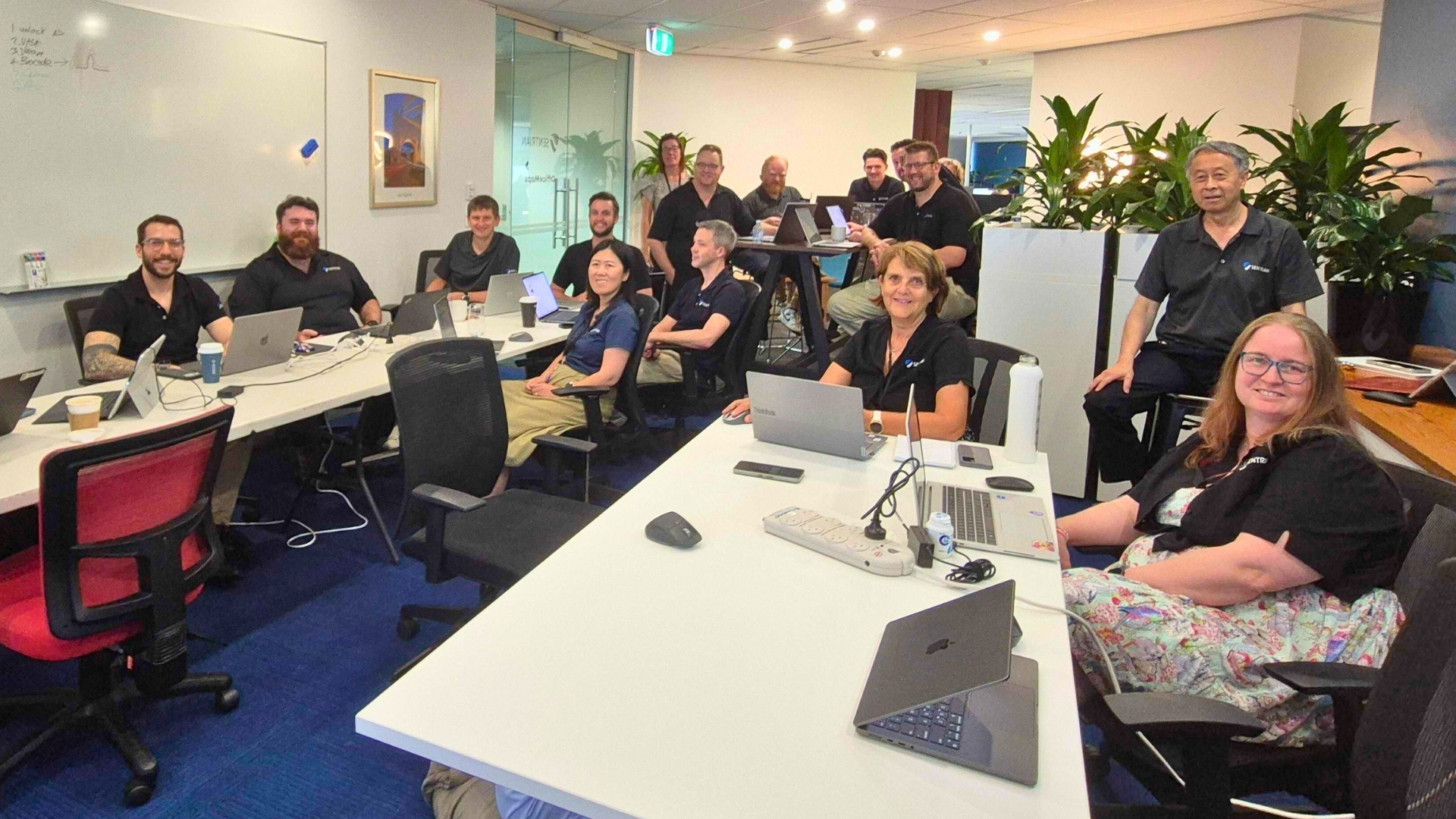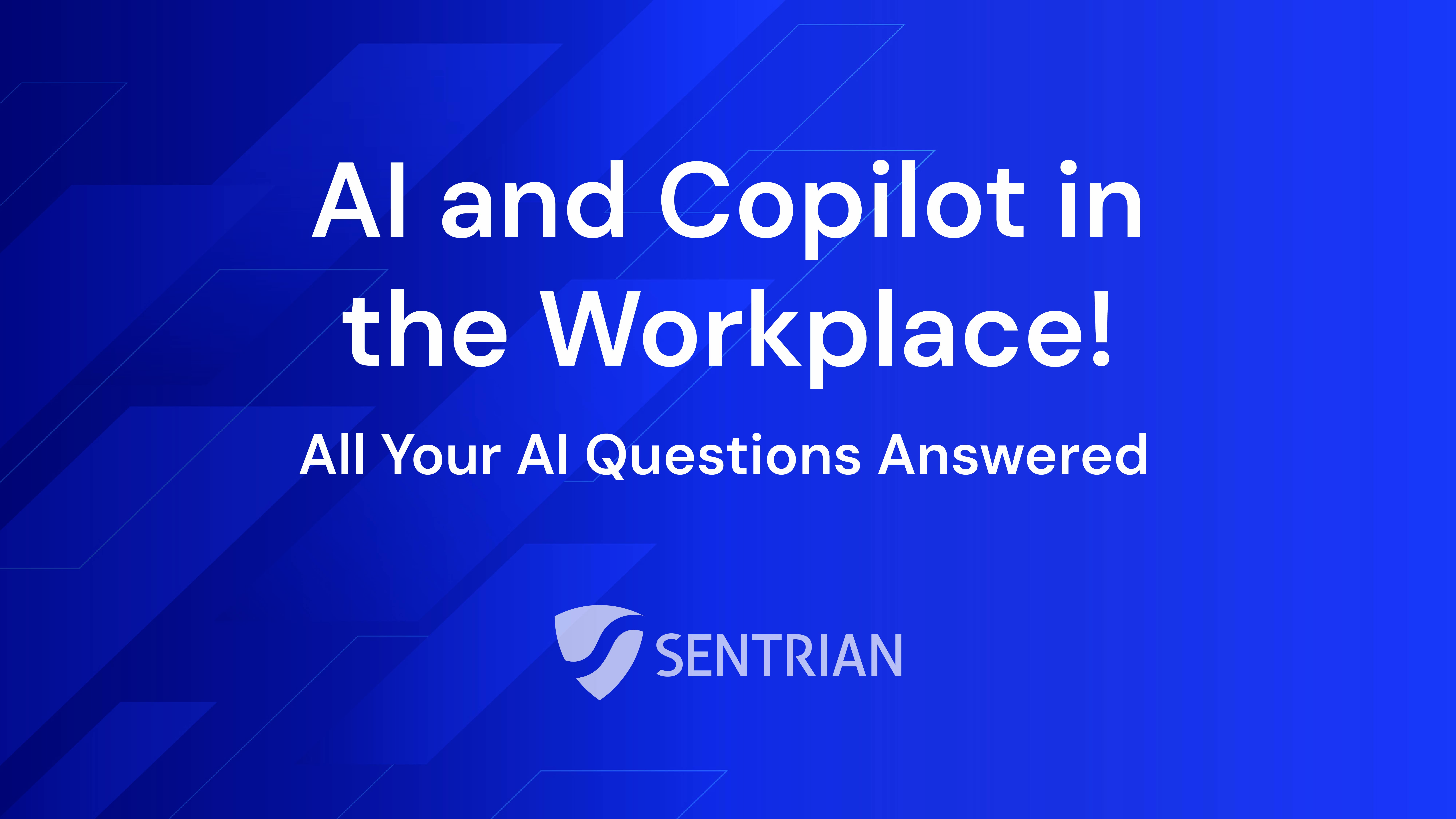In this day and age, "work" is no longer a place we go each day, but rather it's what we do every day. Mobile devices such as laptops, tablets, and even phones make it easier than ever to continue to work no matter where you are.
In such a connected world, it is rare to not be able to get online. More than ever we work from the office, at home, hotels, cafes, even the beach. However, accessing your corporate data has often meant connecting cumbersome VPNs, or using a Virtual Desktop. While these solutions certainly have their place, they may not translate well to the device you have with you, and should you be in one of the few locations where you can't get online, you suddenly find yourself unable to access the data you need. This is where FileCloud fits in.
FileCloud is an enterprise platform for sharing, syncing, and backing up data, including shared drives. You can access that data from anywhere in the world, and on virtually any device with powerful apps built for Windows, Mac, Android, iOS, Linux, and even BlackBerry. You can even have the FileCloud drive in Windows and Mac so it appears like any other drive. In turn you can minimise the training required for "yet another product" and improve user adoption with such a familiar interface.
You also have the ability to sync specific, or all, data to your devices. Should you find yourself in one of the few places you can't get online, you can still access your data, and you can still work. When you're back online, FileCloud will automatically sync those changes across your devices.
Setup Team Folders and choose the team members who can access it. Control permissions so some of that data can be viewed, but not adjusted. Fine tune those permissions so some users can download\sync the files, whereas others can only view it. Easily share files and folders with external parties, while keeping control of what they can do with it. You really do maintain full control of how your data is managed.
Most of us are familiar with DropBox, though many people are not familiar with the risks. In 2012, 68 million users had the credentials to their DropBox account up for sale on the dark web. To make matters worse, it was 4 years later before they notified impacted users. Can you imagine the data that was accessible to countless people for that period of time?
FileCloud offers all the facilities of DropBox, and then some. The best part is the improved security in FileCloud. All of your data is encrypted during transit, and at rest. You get full audit logging of what users accessed what data, and what they did with it. Enable Two-Factor Authentication to ensure the only people who access the data, are approved to do so. Best of all, know that your data is kept on-shore in our local, Tier 3 Data Centres across Australia.
At Sentrian, we have built a scalable pricing model to fit any team size.
As always, if you have any questions, or would like to see a demo of FileCloud, please contact your CSM.


.png)




